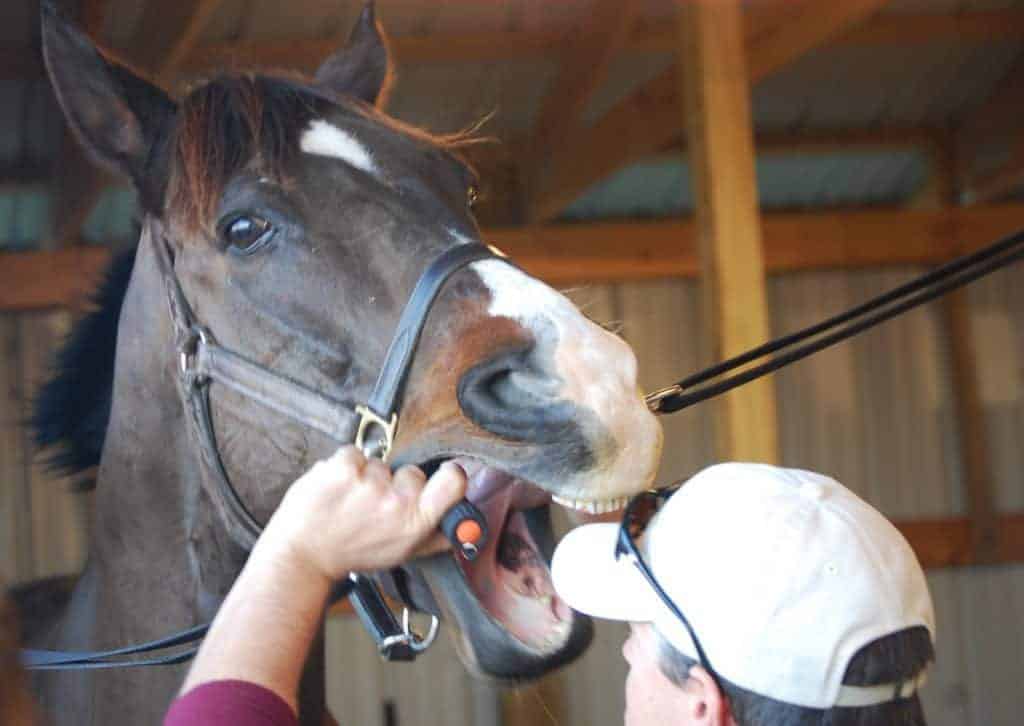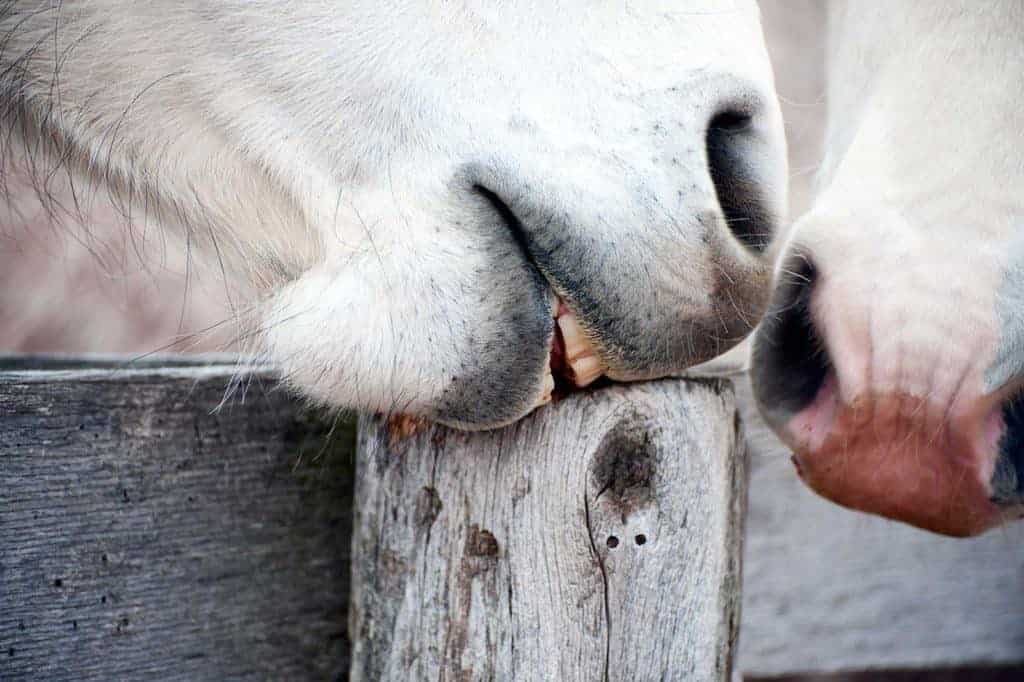
To Boost Omega-3s, Focus on Supplement Dose, Not Duration
Researchers found that providing a higher dose of a fish oil supplement increased horses’ omega-3 levels better than a longer supplementation period.
Proper feeding practices for foals, adult horses, and older horses

Researchers found that providing a higher dose of a fish oil supplement increased horses’ omega-3 levels better than a longer supplementation period.

Learn about exhausted horse syndrome, its clinical signs and causes, and how to prevent and treat it.

A rapid return to pre-pregnancy uterine size might improve mare fertility during foal heat.

Our editor-in-chief, Stephanie, found a fish oil her horse will actually eat. It’s supported his weight, energy, and skin through winter temperatures and travel stress.

Our equine nutritionist explains why senior feeds are high in fiber and why that’s good for your older horses.

And should I feed them to my horses? Dr. Alicia Long of the University of Pennsylvania answers.

Learn what makes managing ponies special—from their critical need for nutritional supervision to their often feisty personalities.

The three major macronutrients—carbohydrates, fats, and protein—make up the bulk of the equine diet and are the main nutrient sources necessary for all aspects of life.

An upset digestive system can lead to bigger problems, ranging from gastric ulcers to colitis to colic. Sponsored by Purina Animal Nutrition.

Learn how proper nutrition can help improve horses’ musculoskeletal, immune, endocrine, and gastrointestinal health.

Learn how to avoid combustion and barn fire caused by your stored hay.

Researchers reviewed dental records from 428 tooth extractions. Here’s what they found.

Researchers showed one product containing this naturally occurring hemp extract is relatively safe.

Some developmental disorders can be dangerous and performance-limiting if not treated promptly and properly.

Horses lose large quantities of sodium, potassium, and chloride, as well as smaller amounts of magnesium and calcium, through their sweat. Supplementation before work might help.

Our equine nutrition expert offers advice to keep horses from chewing on barn wood and fence posts.
Stay on top of the most recent Horse Health news with
"*" indicates required fields